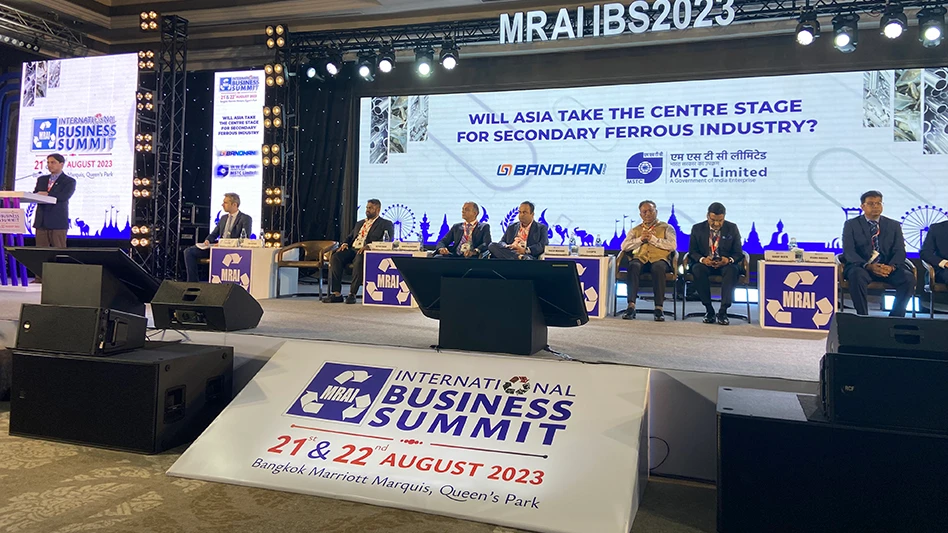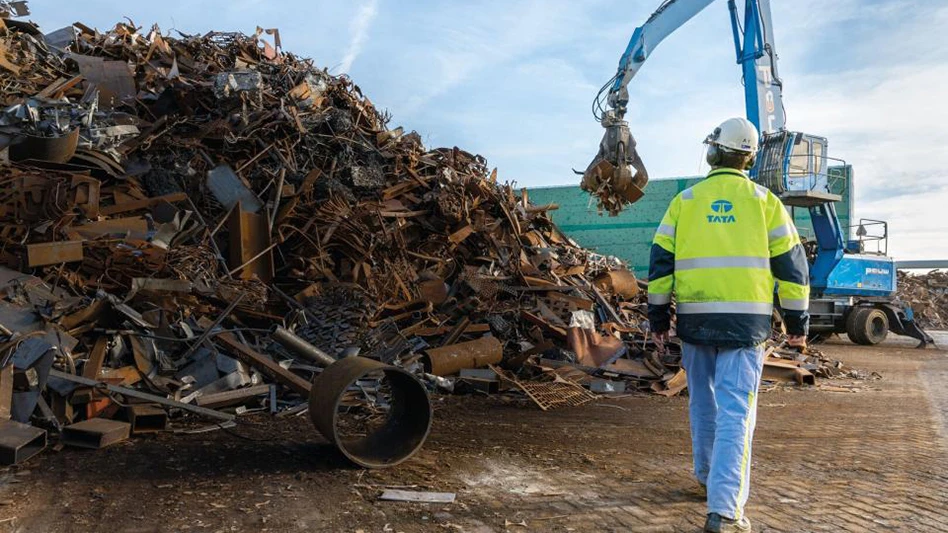
Poto courtesy iStock
Washington-based Delterra, an environmental nonprofit focused on building recycling systems in emerging economies, in collaboration with New York-based The Circulate Initiative, a nonprofit aimed at ending plastic pollution, has released a report examining how behavior impacts recycling. Called “Making ‘Cents’ of Recycling Behavior: The Return on Investment of Spreading the Recycling Habit,” the report highlights how recycling behavior impacts the economics of recycling.
The report looks at Delterra’s projects in three recycling environments in emerging markets, including an informal settlement in Buenos Aires, Argentina; a set of urban districts in Bali; and a midsized city in Argentina.
“Delterra’s programs on the ground reveal the power of behavioral interventions and the importance of having a holistic approach in dealing with waste management and recycling,” says Ellen Martin, director of impact and insights at The Circulate Initiative. “By investing in these interventions alongside infrastructure, we can improve the financial sustainability and efficiency of recycling and support a more circular economy.”
According to a joint news release, around 80 percent of postconsumer waste could be recycled or composted. However, when communities don’t separate waste from the source, most materials remain out of reach for the recycling industry.
The report states that boosting recycling behavior presents an opportunity to improve the business case for recycling overall. Recycling faces a supply shortage because of inaccurate waste segregation by consumers, according to the report. Driving change in recycling behavior can help recycling break the cycle of insufficient demand and supply by improving the yield and thus the recycling value chain’s economics.
The report also says consumer behavior change can pay back initial costs in four years. Based on the sales value of new recyclables, additional savings from landfill fees and credit for environmental benefits, it would typically take Delterra’s projects to up to four years to earn back the cost of community engagement campaigns.
The Circulate Initiative and Delterra say behavior change costs less than technology-based alternatives for boosting recycling outcomes. Promoting change in recycling behavior costs between $50 and $150 for every additional ton of recyclables per year. This is compared with waste-sorting technology, which costs between $200 and $700 per ton to produce similar results.
“Because Delterra’s programs integrate community behavior change with waste management operations, we had the data to really look at the value that better recycling behavior generates for the rest of the system,” says Cynthia Shih, Delterra’s director of knowledge. “We would love to see more players in the circular economy investing in recycling behavior change and contributing insights on how best to deliver return on investment.”
The report's authors say they hope the report findings will help such organizations to avoid underinvesting in behavior change as more developed markets have in the past. For more information about this report click here.
Get curated news on YOUR industry.
Enter your email to receive our newsletters.
Latest from Recycling Today
- PureCycle raises additional capital
- BlueScope commits to Ohio mill upgrades
- Lang Recycling turns to software to manage its diverse inventory
- Study says policy must guide the scale-up of textile recycling in Europe
- Boardsort.com launches AI e-scrap identification, grading tool
- Regenx Tech awaits permit to restart operations
- Stainless sector keeps up with demand
- ReMA Great Lakes Regional opens nominations for Robin K. Wiener LAKES Award






